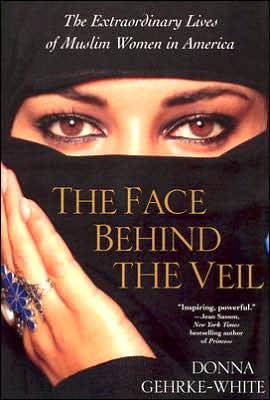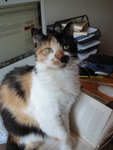
Title: Gate of the Sun
Author: Elias Khoury (translated by Humphrey Davies)
Year: 1998
Country: Lebanon
Pages: 531
Rating: 4 out of 5
First sentence: Umm Hassan is dead.
It is not too often in the Western world that you come across an epic tale about the Palestinian experience. Gate of the Sun, by Lebanese author Elias Khoury, is such a book.
The story largely takes place in the Shatila refugee camp in Beirut. Khalil, a "temporary doctor, in a temporary hospital, in a temporary country", keeps vigil by the bedside of Yunes, an elderly Palestinian freedom fighter who lies in a coma. In an effort to keep Yunes in this world, Kahlil begins retelling stories of their life of exile in Lebanon, and particularly Yunes' secret visits to his wife, who remained in Israel.
Yunes was a member of the fedayeen, the early Palestinian resistance movement, and much of the story recounts the flight of Palestinians during the late 1940's. However, the heart of the story is not political; it is the story of Yunes' love for his wife Nahilah, and his dangerous border crossings to visit her. It is a story of the mythical, magical world they created in his refuge, the cave Bab al-Shams (Gate of the Sun).
The novel was first published in Arabic in 1998, on the 50th anniversary of The War of Independence, referred to by Palestinians as Al Nakbah (the catastrophe). Mirroring the Arab-Israeli conflict, the story continuously digresses, is retold, and circles back on itself in dizzying fragments. A book about Palestinians, one would assume is also a book about Israelis. However, most of the history portrayed throughout the story traces the meshed history of Lebanon, Palestine, and the way in which Palestinian refugees outside of Israel are treated and viewed by other Arabs. Fortunately, this is not a novel of "us" versus "them", and Khoury humanizes all sides of the struggle that continues to encompass the Middle East.
For those who are regular visitors to my blog, you will notice that my end review is considerably more favorable than my other recent comments on this book. It is a slow, dizzying read. It helps to have a firm knowledge of the Arab-Israeli conflict, and of the Lebanese civil war. Part One of the novel did not capture my attention in the way that the second Part did. In the end, though, I come away highly recommending this novel.
Favorite passages:
"Palestine isn't a cause. Well, all right, in some sense it is, but it isn't really, because the land doesn't move from its place. That land will remain, and the question isn't who will hold it, because it's an illusion to think that land can be held. No one can hold land when he's going to end up buried in it. It's the land that holds men and pulls them back toward it. I didn't fight, my dear friend, for the land or for history. I fought for the sake of a woman I loved. "(p.21)
"Before Umm Hassan could open her mouth to ask a thing, the Israeli woman said, 'It's your house, isn't it?'
'How did you know?' asked Umm Hassan.
'I've been waiting for you for a long time. Welcome.'" (p.104)
"Evil has no meaning, and we were just its tools." (p.271)
"We invent stories of our misery and then believe them. We'll believe anything so as not to see. We cover our eyes and set off, and then we bump into each other." (p. 383)
"It takes another culture to let us discover that half the things that seem obvious are simply our own stupidities." (p.432)













